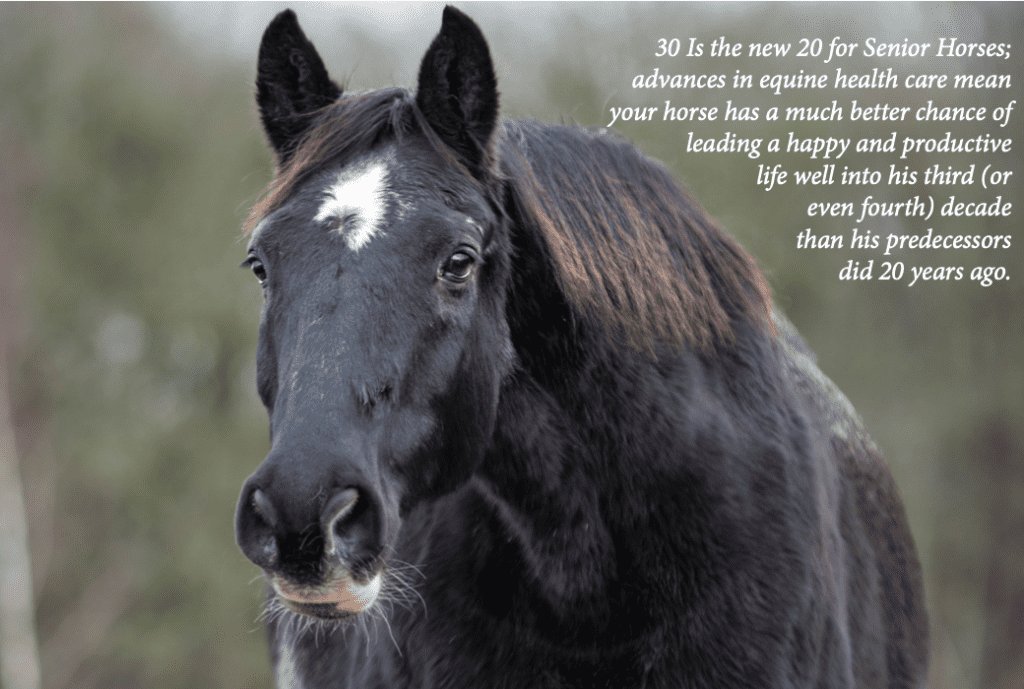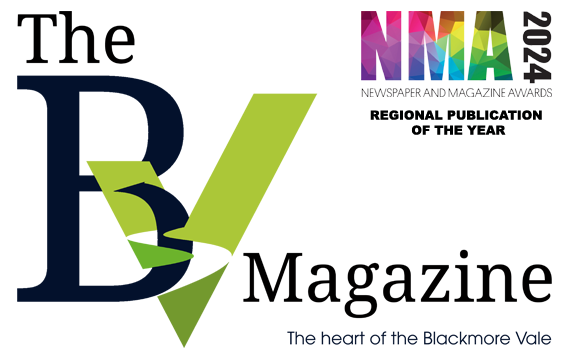Owning an older horse or pony is very rewarding. They are usually (but not always!) more sensible; if still actively working or competing, they know their job, and get on with it. Traditionally, a horse or pony was recognized as a veteran at just 15 years of age. These days, many horses do not reach their competitive peak until their mid-teens. Countless horses and ponies are still active well into their twenties and even thirties!

Senior horses will find it hard to keep warm during the winter months and so they will most likely need a rug and some sort of shelter. Rugs are great for the senior horse as they can lose weight quickly if they become cold. Please note that horses diagnosed with Cushings disease may get too hot in a thick rug, due to their hairy coats. Providing shelter, whether it be a stable or field shelter is also important as it will offer protection from the weather – sun, wind and rain.
A key factor in maintaining a healthy senior horse is nutrition.
As horses get older their digestive efficiency reduces, which means they absorb less protein and nutrients from their food. There is no one-size-fits- all option, so what you choose to feed should be adapted depending on their health and condition. If your horse is no longer able to eat hay, you will need to provide fibre through a hay replacer. Horses with dental problems may also require a special diet as they may find chewing difficult. Therefore, you will need to provide fibre that your horse can chew, to ensure they get the nutrients they need. We recommend doing an annual health check before the winter. An annual health check, provided by your vet, will ensure your horse is checked over thoroughly and allow them to diagnose any problems early.
What does an annual health check include?
• Body condition score – This will provide a baseline before you go into winter of where your horses’ weight is.
• Dental check – ensuring good dental health will help your elderly horse to properly digest their food and keep weight on in the colder months.
• Listen to heart and lungs – this helps to pick up any problems early on.
• Eye examination – especially important if your elderly horse is still ridden, this again can pick up any early signs of problems they may have.
• Blood sample – a general screen which often includes an assessment of red blood cell count, white blood cell count, protein levels, liver and kidney enzymes.
• Worm egg count – the vet can then advise on what wormer your horse may need.
If you haven’t already, do check the Damory Equine Team out on Facebook and Instagram for lots of information to help with the care of your horse.
We are currently running a great competition for one lucky elderly horse or pony!
by Julian Radburn BVM&S CertEM(IntMed) MRCVS Damory Clinic

